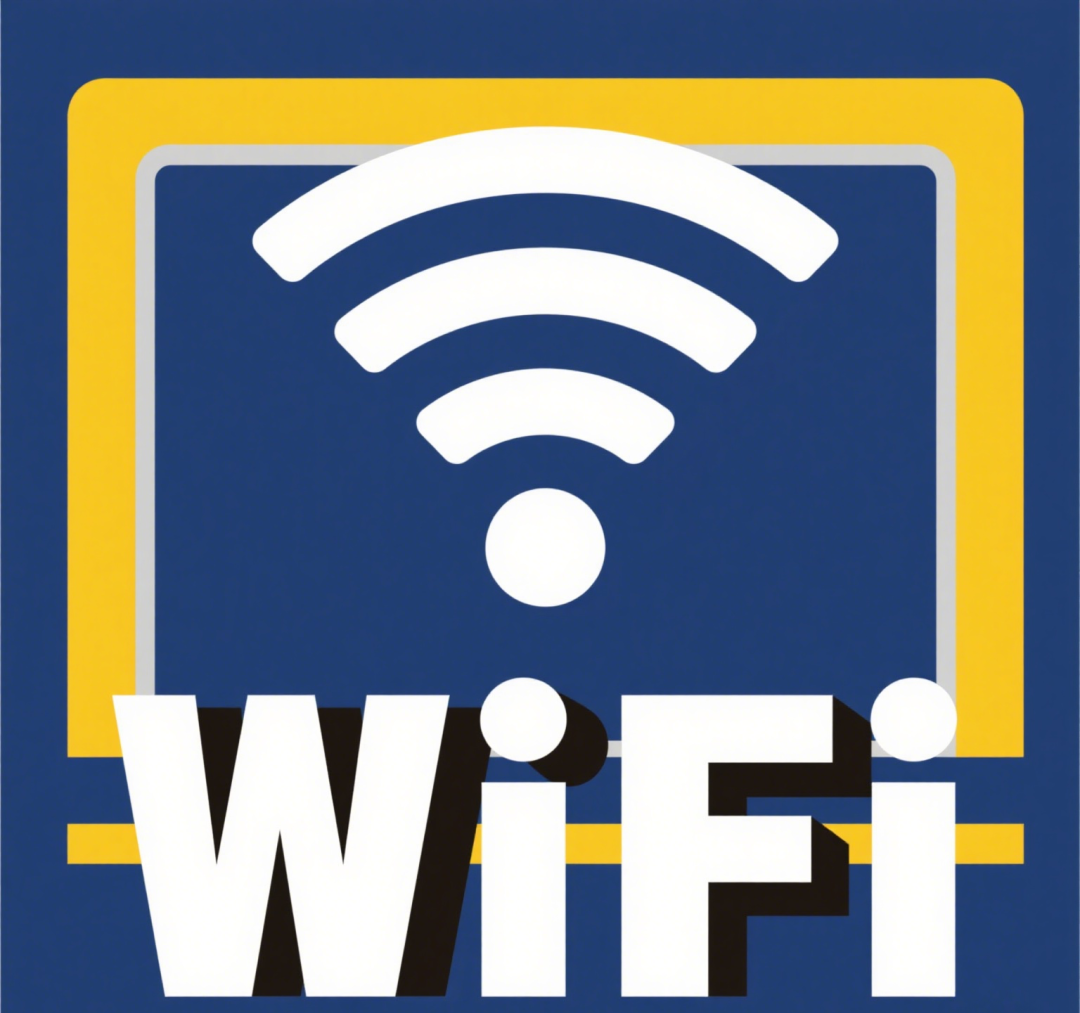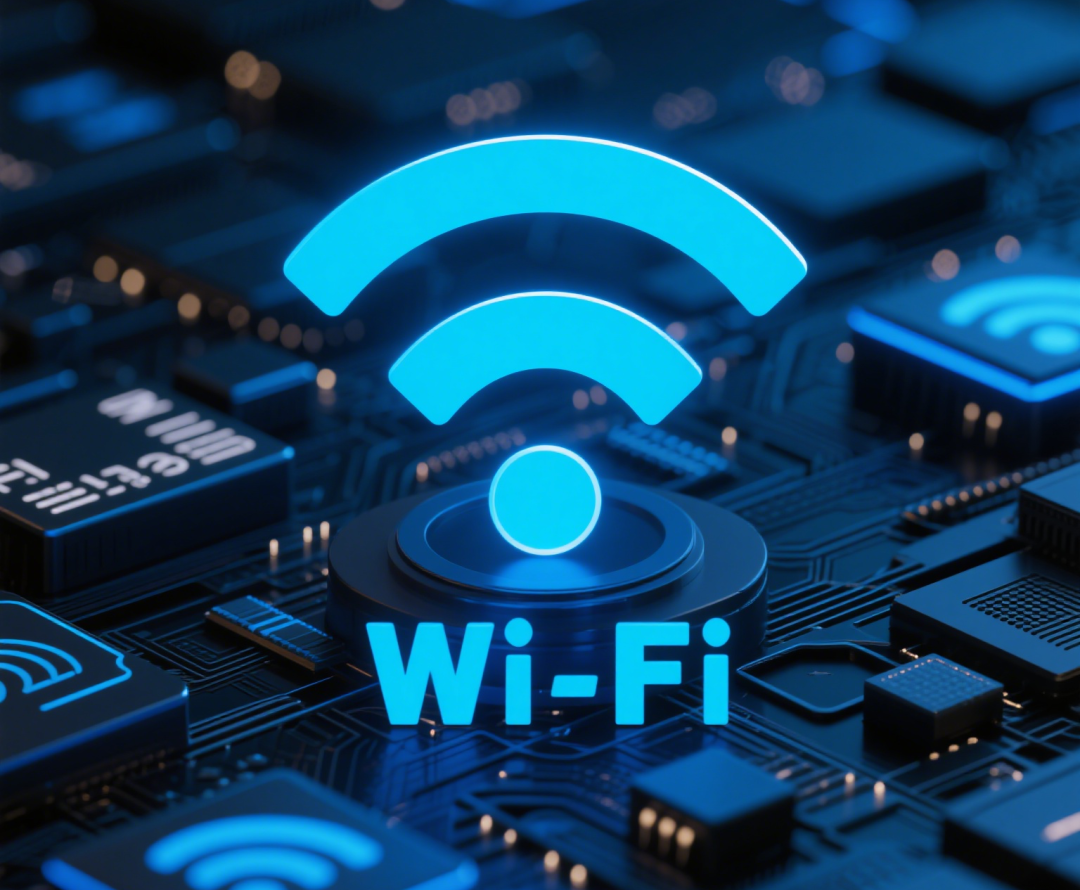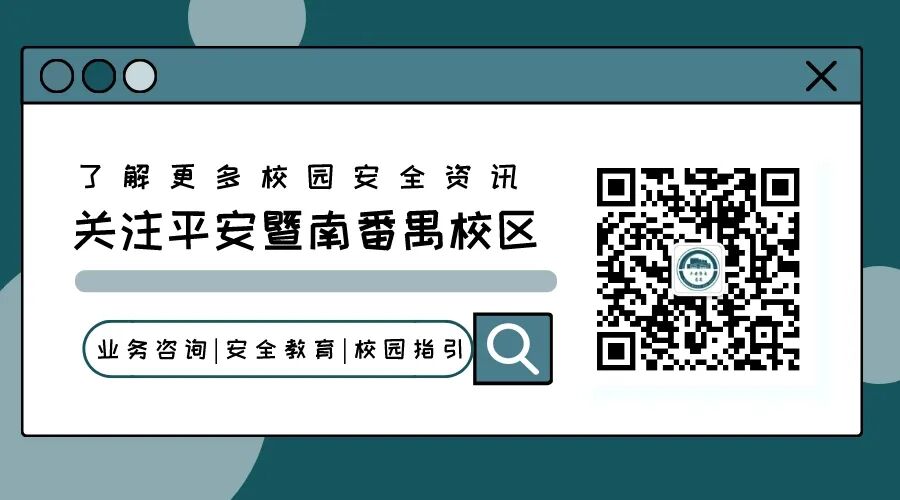

Nowadays, public places such as airports, train stations, and shopping malls commonly offer free Wi-Fi services, allowing users to easily connect to the internet and enjoy a convenient online experience. However, this convenience hides significant security risks that cannot be ignored.
It is important to note that if these open networks are exploited by malicious individuals, they can become channels for stealing users’ private data, potentially leading to financial losses. In this issue, we will delve into the security risks of public Wi-Fi and provide practical protective advice.
PART 1
What are the information security risks of public Wi-Fi?

Network Eavesdropping
Public Wi-Fi networks often lack necessary encryption protections, allowing network attackers to intercept transmitted data using technical means, illegally obtaining users’ login credentials, payment information, and other sensitive data, which can lead to theft, fraud, and other criminal activities.
Fake Hotspots
Cybercriminals often set up fake hotspots with the same name as public Wi-Fi, using the similarity in names to lure users into connecting. Once devices connect to these malicious hotspots, attackers can monitor all transmitted data in real-time, including bank card numbers, social media account passwords, and other confidential information. This attack method has become one of the main threats to public network security.
Malware Attacks
Attackers can send malware to users’ devices via public Wi-Fi. Once users click on related links or download malicious software, their devices can become infected with viruses or Trojans, allowing attackers to take control.
Man-in-the-Middle Attacks
Attackers can impersonate the public Wi-Fi server, intercepting communications between users and the actual server. Once users establish a connection with the attacker, all requests and responses will pass through the attacker’s server, allowing them to monitor, alter, and steal the data transmitted by users.

PART 2
How to Prevent Security Risks of Public Wi-Fi?

01
Be Cautious When Using Public Wi-Fi
When accessing the internet in public places, prioritize using your mobile data network. If you must connect to public Wi-Fi, carefully verify the network name and confirm with the venue staff before connecting to avoid connecting to a fake wireless network set up by criminals.
02
Disable Auto-Connect and Avoid Sensitive Operations
Turn off your device’s auto-connect Wi-Fi feature to prevent connecting to unknown wireless networks. Avoid storing work secrets and personal sensitive information on mobile devices. Particularly, do not perform online banking transfers, log into accounts, or enter important passwords while using public Wi-Fi, as these actions can easily lead to personal information leakage and financial losses. Developing good cybersecurity habits is essential to effectively prevent data leakage risks.
03
Avoid Clicking Suspicious Links
When using public Wi-Fi, be especially careful not to click on unknown network links or download unverified files, as these actions may leak personal information.
04
Install and Update Protective Software, and Implement EffectiveEncryption Measures
To enhance device security, it is recommended to install reliable security software and keep it updated in real-time to effectively intercept malicious program intrusions. Additionally, using VPNs and other encryption tools is recommended to create a secure tunnel for encrypting data transmitted over the network, effectively preventing sensitive information from being stolen on public networks.

【End】
Copywriting | Confidentiality View
Editor | Feng Yinmei
Proofreader | Zhang Liufen
Initial Review | Xiao Houhong
Final Review | Li Zibo
Final Approval | Pan Qiliang

Official WeChat Account of the Security Office of Jinan University Panyu Campus
Contact Number: 020-37338037
Address: Room B1097, College Building, Jinan University Panyu Campus